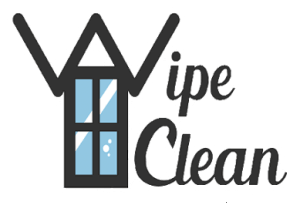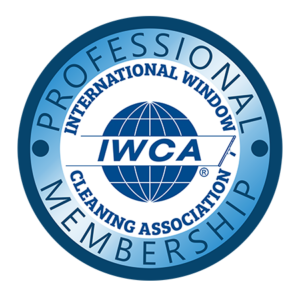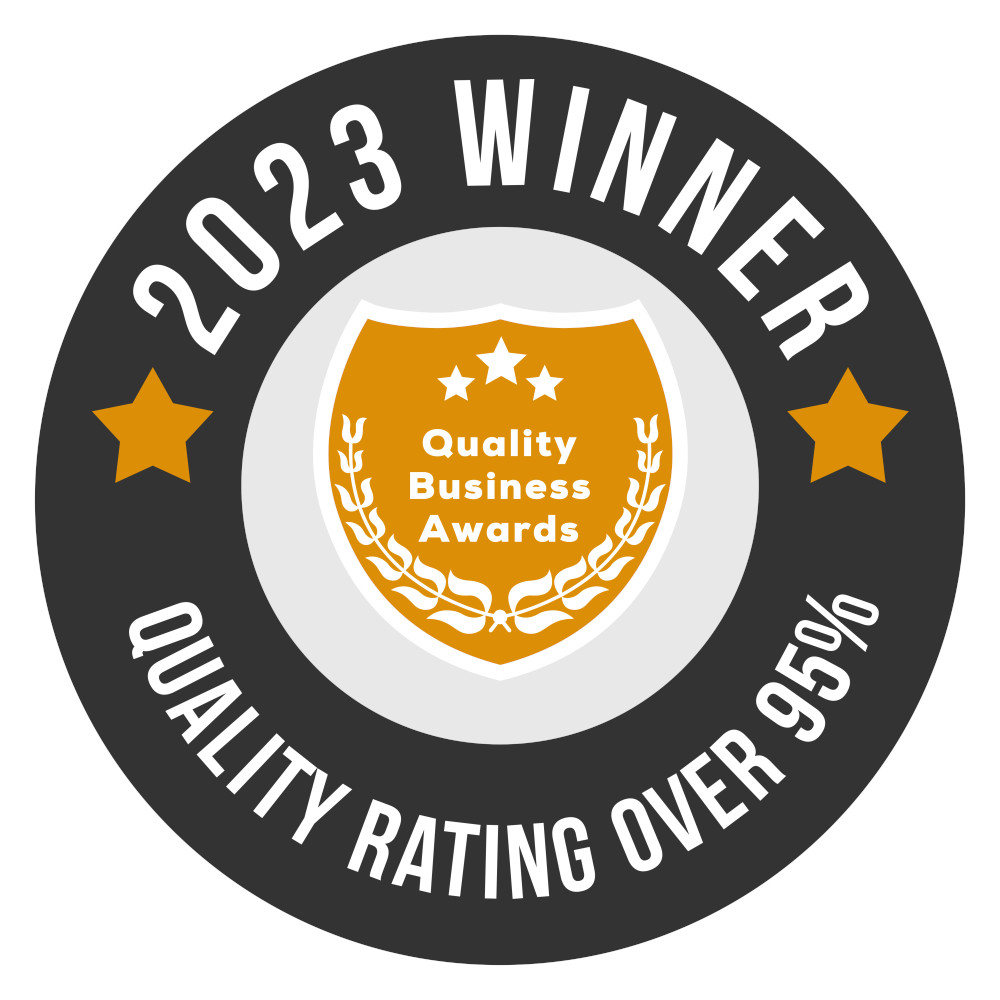Pressure Washing Services
Pressure washing is a great way to keep your home looking clean. It can help remove stains and dirt that would otherwise cause permanent damage to your siding or deck.
Professional handymen have the experience and expertise to use the right amount of pressure for your job without risking damage to your surface. See our home page.
Cold Water
When pressure washing services are offered, both cold water and hot water are commonly used. Although the difference between these two types of pressure washers may seem minuscule, the water temperature can dramatically impact their cleaning powers.
Unlike cold water, hot water actually dissolves grease and grime to remove them more thoroughly from surfaces. This is why a hot water pressure washer will typically be preferred by professionals who deal with tougher, oilier messes.
Besides the extra cleaning power, hot water pressure washers also require less maintenance than their cold-water counterparts. This is because there are fewer moving parts that need to be replaced or fixed. This can make it a good choice for people who aren’t concerned about high maintenance costs.
Hot Water
While cold water pressure washers are capable of cleaning most household and commercial jobs, hot water models are often used for more challenging jobs. These machines produce hot water at temperatures of up to 200 degrees Fahrenheit, allowing them to cut through oil and grease more effectively than cold-water equipment.
Hot water cleaners also rely on agitation and soap to remove grime and dirt from surfaces more effectively than cold-water equipment. They are particularly effective at sanitizing surfaces and removing bacteria and algae.
They are also ideal for disposing of greasy residue without using detergents and chemicals that can be harmful to the environment. These benefits make hot-water systems a popular choice for restaurants, construction sites, and other businesses that regularly clean their property.
Hot-water pressure washers are mainly purchased by professionals and industrial consumers, but some home hobbyists may choose to purchase one for use on jobsite or tools covered in oil and grease. If your business is located in a hot climate, hot water machines will be especially useful for getting out stubborn spills and stains.
Chemicals
The chemicals used in pressure washing services work to break down dirt, grime, and stains from surfaces. This is a crucial part of the process and is what makes it so effective.
A chemical solution is a blend of ingredients that are added to water at pressure and then sprayed over the surface. When sprayed, the solution soaks into the dirt and breaks down it from the inside out, leaving your home or business cleaner than before.
Some common chemicals used in pressure washing are sodium hydroxide (commonly known as bleach or lye), ammonia, and sodium hypochlorite.
Typically, they’re mixed together to create an alkaline power wash chemical that can safely remove grease and dirt without damaging surfaces or equipment.
The type of stain you’re trying to remove is also an important factor when selecting a chemical. If it’s organic, such as algae, bacteria, mold, or moss, it’s best to use a chemical that can kill these types of spores.
Safety
Pressure washing can be an excellent way to remove dirt, moss and grime from the exterior of your home. This can help to keep your property looking good and can also save you money on repairs in the long run.
However, there are some safety measures that you should take when using a pressure washer to avoid causing damage to your property and yourself. For starters, make sure that you are using the correct amount of pressure.
Another important factor is the type of nozzle that you use. Consumer Reports recommends against using a 0-degree nozzle, which concentrates the stream of water to such a fine point that it can pierce protective boots and gloves.
In addition, be sure to keep a safe distance from the spray and never blast into corners or near the lip of windows. This can cause the spray to damage siding and other materials. It can also splatter debris, including mold and mildew, into the air, resulting in respiratory illness. Check this out for more details.






